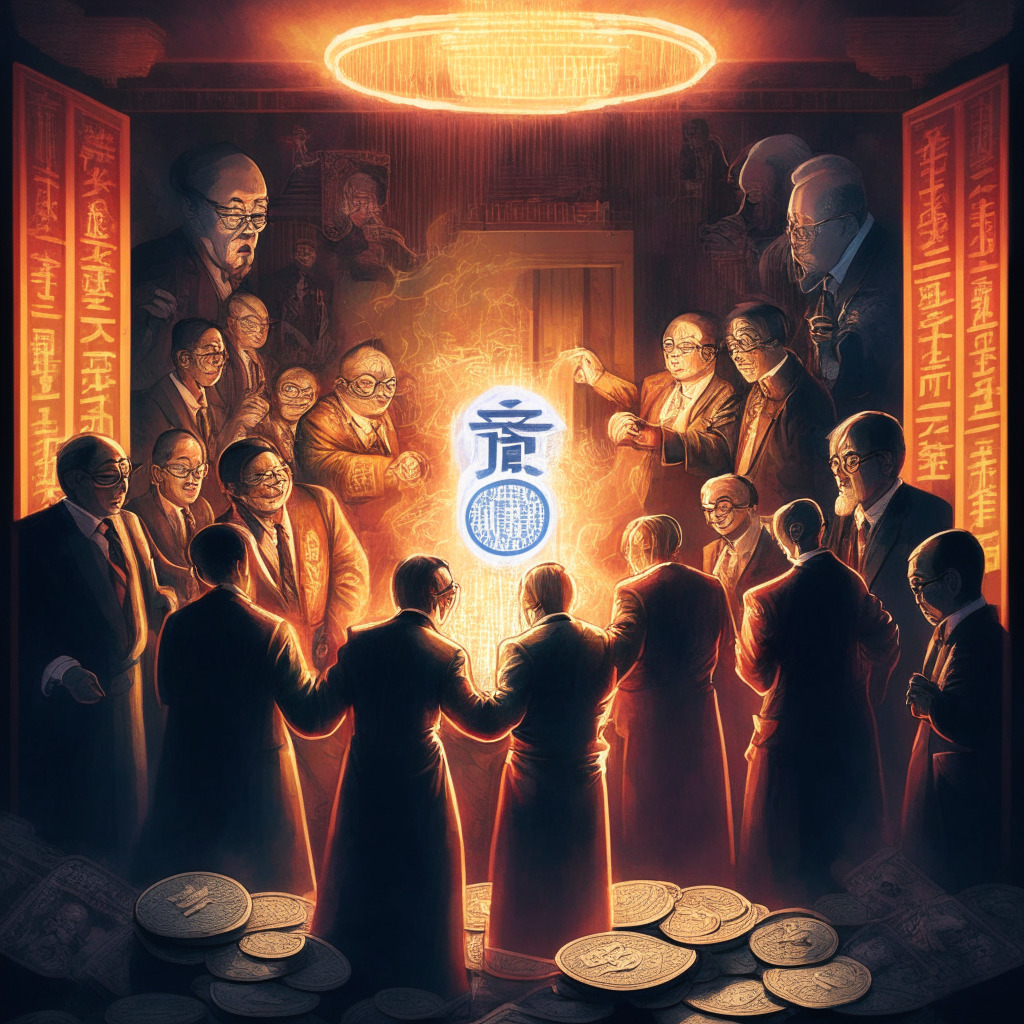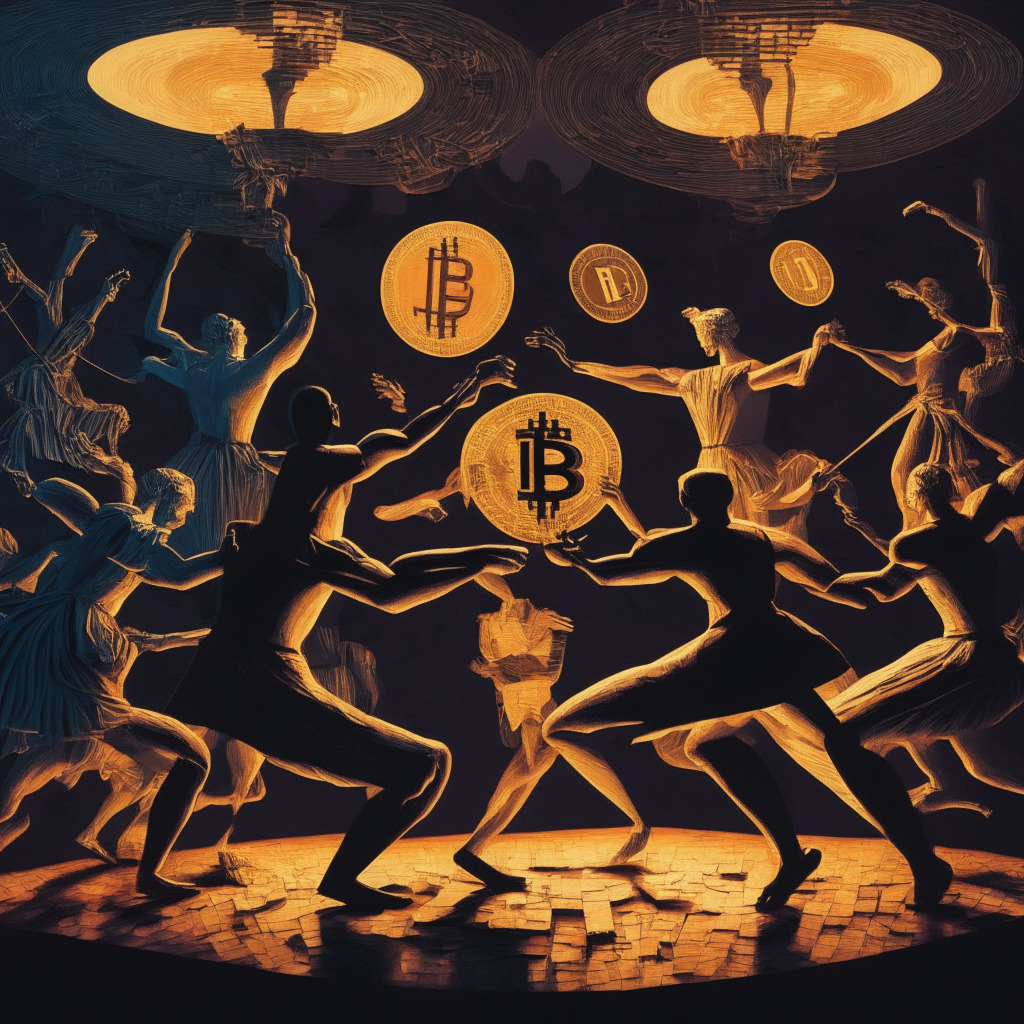In an unfolding situation, digital asset exchanges, such as OKX and Bybit, have decided to delist sanctioned Russian banks from their peer-to-peer (P2P) services. Specifically, two Russian banks, Tinkoff Bank and Sberbank have been ousted due to Western sanctions enacted in the wake of the Ukraine invasion. As it stands, crypto users are unable to trade their assets in exchange for fiat via these banks on the P2P platforms of both exchanges.
However, despite being removed, the inherently decentralized structure of P2P transactions renders complete enforcement challenging. Multiple reports suggest continued P2P exchanges through these banks via private conversations, despite the official delisting by the platforms.
These delistings follow the trajectory set by a major name in the sector, Binance, which also fell under scrutiny last week over listing these sanctioned banks amid its accepted payment methods. Binance reacted by announcing the removal of these bank affiliations, though visual remnants of their digital presence persisted, keeping the situation murky.
It’s essential to examine the underpinning issues entangled in this development. Russia’s economic crisis, further fueled by extensive financial sanctions, has escalated post-Ukraine invasion, forcing a surge in crypto-adoption among its citizens. These sanctions have threatened Russia’s economic stability, triggering a shift towards cryptocurrencies as a workaround solution.
Indeed, the effects on Russia’s financial institutions due to disengagement from the global payments network, SWIFT, are hard to ignore. Case in point – Tinkoff Bank, which recently reported a 67% drop in profits for Q2 2022, citing escalating geopolitical tensions as the primary culprit.
An essential pivot in Russia’s stance towards cryptocurrencies became apparent in April when the Bank of Russia announced a bill advocating for cryptocurrencies usage in international trade, barring only local transactions. Inclusion of licensed digital asset miners and supervision of crypto firms were proposed as measures to circumnavigate the sanctions, indicating a significant shift towards cryptocurrencies.
Yet, the recent regulatory compliance from crypto exchanges might paint a more complex picture for Russia’s future in web3. The delisting of Russian banks by major crypto entities overlays potential strain onto Russia’s emerging web3 status. Consequently, Russia’s unveiling future in the crypto realm may rest precariously on the interplay of national regulations, international sanctions, and the decentralized essence of cryptocurrencies.
Source: Cryptonews




